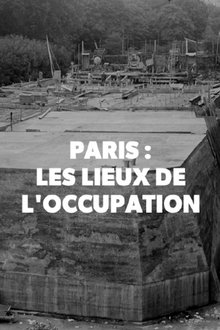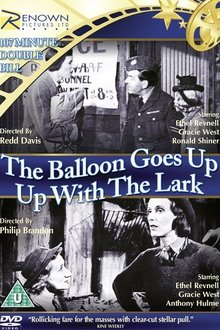Oscar winning postwar propaganda film in support of the United Nations Relief and Rehabilitation Administration. Strident but poignant, focusing on children. The film surveys the Nazi/Japanese atrocities, post-war devastation and the early relief efforts. This film was responsible for raising over $200,000,000, making it a top moneymaking film. Preserved by the Academy Film Archive in 2005.
Related Movies
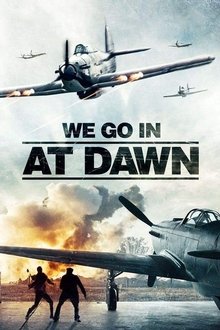
We Go in at Dawn (2020)
When a high-ranking war planner is captured and held in a German prisoner of war camp, a team of specialists take on the dangerous mission of trying to break him out. Trouble is, he doesn't want to be rescued.
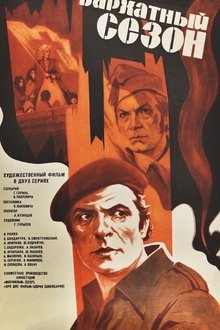
Velvet Season (1978)
In the fall of 1938, three former fighters of the international brigade — russian Shukhov, frenchman Henri and american Liz — fall into a resort town on the border of Spain and France. Having met a nurse who is supposed to send Spanish children to Corsica, they decide to help her. However, a fascist rebellion suddenly breaks out in the city, and the children are held hostage to criminals.
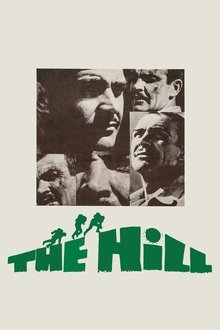
The Hill (1965)
North Africa, World War II. British soldiers on the brink of collapse push beyond endurance to struggle up a brutal incline. It's not a military objective. It's The Hill, a manmade instrument of torture, a tower of sand seared by a white-hot sun. And the troops' tormentors are not the enemy, but their own comrades-at-arms.
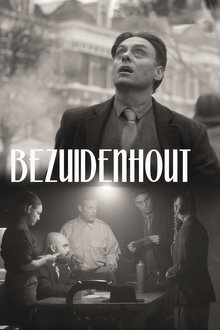
Bezuidenhout (2025)
As the resistance group takes more risks during its operations, Johan discovers there is a traitor among them. Meanwhile, the British are preparing a rescue operation that ultimately went horribly wrong on the morning of March 3, 1945.
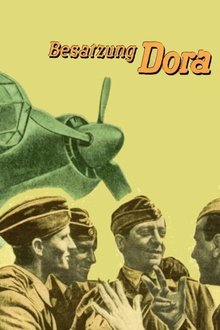
The Crew of the Dora (1943)
German film about Luftwaffe pilots. It depicts a love triangle involving two of them being overcome by their participation in battle together.
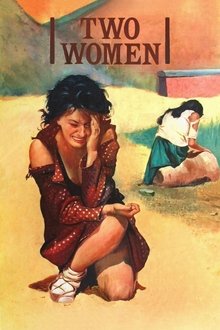
Two Women (1960)
A young widow flees from Rome during WWII and takes her lonely twelve-year-old-daughter to her rural hometown but the horrors of war soon catch up with them.
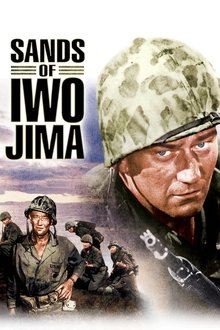
Sands of Iwo Jima (1950)
Haunted by personal demons, Marine Sgt. John Stryker is hated and feared by his men, who see him as a cold-hearted sadist. But when their boots hit the beaches, they begin to understand the reason for Stryker's rigid form of discipline.
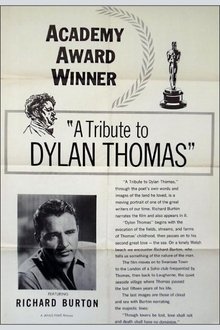
A Tribute to Dylan Thomas (1961)
An atmospheric tribute to the genius of Welsh poet and dramatist Dylan Thomas, using many of the windswept locations where Thomas himself grew up and found his inspiration. The film is hosted/presented by Richard Burton, Thomas's friend, who narrates the story and appears from time to time amidst the Welsh landscape. Burton had already appeared in Douglas Cleverdon's acclaimed BBC radio dramatization of Thomas's 'play for voices' Under Milk Wood in the 1950s and, in the early Seventies, would appear in director Andrew Sinclair's film version as First Voice. Preserved by the Academy Film Archive in partnership with The Film Foundation and National Screen and Sound Archive of Wales in 2000.
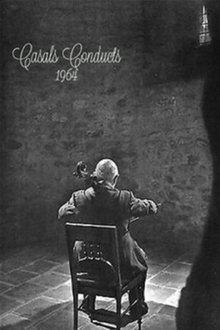
Casals Conducts: 1964 (1964)
While at his workshop in Puerto Rico, Pablo Casals prepares to conduct a Bach suite for a concert performance. Oscar Winner for the category "Best Short Subject, Live Action Subjects". Preserved by the Academy Film Archive in 2013.
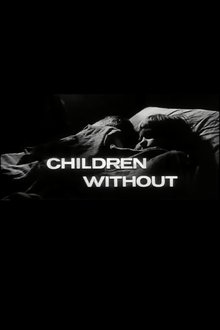
Children Without (1965)
Children Without is a 1964 American short documentary film directed by Charles Guggenheim, about a young girl and her brother growing up in the housing projects of Detroit. It was nominated for an Academy Award for Best Documentary Short. Preserved by the Academy Film Archive in 2016.

The Eternal Zero (2013)
A brother and sister learn their biological grandfather was a kamikaze pilot who died during World War II. During their research into his life, they get conflicting accounts from his former comrades about his character and how he joined his squadron.

The Most Dangerous Man in Europe: Otto Skorzeny's After War (2020)
Waffen-SS officer Otto Skorzeny (1908-75) became famous for his participation in daring military actions during World War II. In 1947 he was judged and imprisoned, but he escaped less than a year later and found a safe haven in Spain, ruled with an iron hand by General Francisco Franco. What did he do during the many years he spent there?
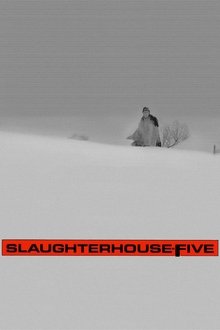
Slaughterhouse-Five (1972)
Billy Pilgrim, a veteran of the Second World War, finds himself mysteriously detached from time, so that he is able to travel, without being able to help it, from the days of his childhood to those of his peculiar life on a distant planet called Tralfamadore, passing through his bitter experience as a prisoner of war in the German city of Dresden, over which looms the inevitable shadow of an unspeakable tragedy.
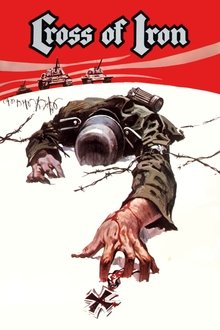
Cross of Iron (1977)
It is 1943, and the German army—ravaged and demoralised—is hastily retreating from the Russian front. In the midst of the madness, conflict brews between the aristocratic yet ultimately pusillanimous Captain Stransky and the courageous Corporal Steiner. Stransky is the only man who believes that the Third Reich is still vastly superior to the Russian army. However, within his pompous persona lies a quivering coward who longs for the Iron Cross so that he can return to Berlin a hero. Steiner, on the other hand is cynical, defiantly non-conformist and more concerned with the safety of his own men rather than the horde of military decorations offered to him by his superiors.
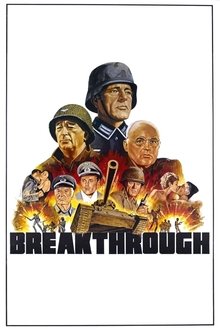
Breakthrough (1979)
Starting in late May 1944, during the German retreat on the Eastern Front, Captain Stransky (Helmut Griem) orders Sergeant Steiner (Richard Burton) to blow up a railway tunnel to prevent Russian forces from using it. Steiner's platoon fails in its mission by coming up against a Russian tank. Steiner then takes a furlough to Paris just as the Allies launch their invasion of Normandy.
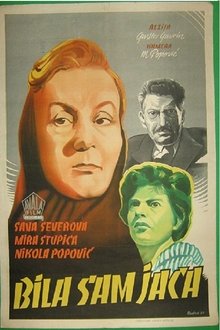
I Was Stronger (1953)
Instead of running away from enemy raid, a female partisan-doctor decides to stay and help one of their wounded children.

Battle of the Bulge: Siege of Bastogne (2015)
With the Fifth Panzer Army fighting its way towards the River Meuse, the cross roads town of Bastogne, vital for the success of Hitler's last attempt to check the Allies in the west, the Americans rushed reinforcements to hold it. 101st US Airborne Division was resting in reserve near Paris when the call for immediate deployment to the Ardennes came and reached Bastogne just before the German ring around the town closed. Wearing only normal uniforms, the 101st joined the other garrison troops in a siege where they fought not only the enemy's panzers but the freezing, snowy, cold to hold the vital road junction. Filmed on the ground we tell the story of the heroic defence of Bastogne.

